In the Northern hemisphere Easter is celebrated in the springtime and spring is the time for new life. Bunnies, chicks and eggs are all symbols of new life. The exchange of eggs in the springtime is an ancient tradition occurring in the month that was originally known as Eosturmonath.

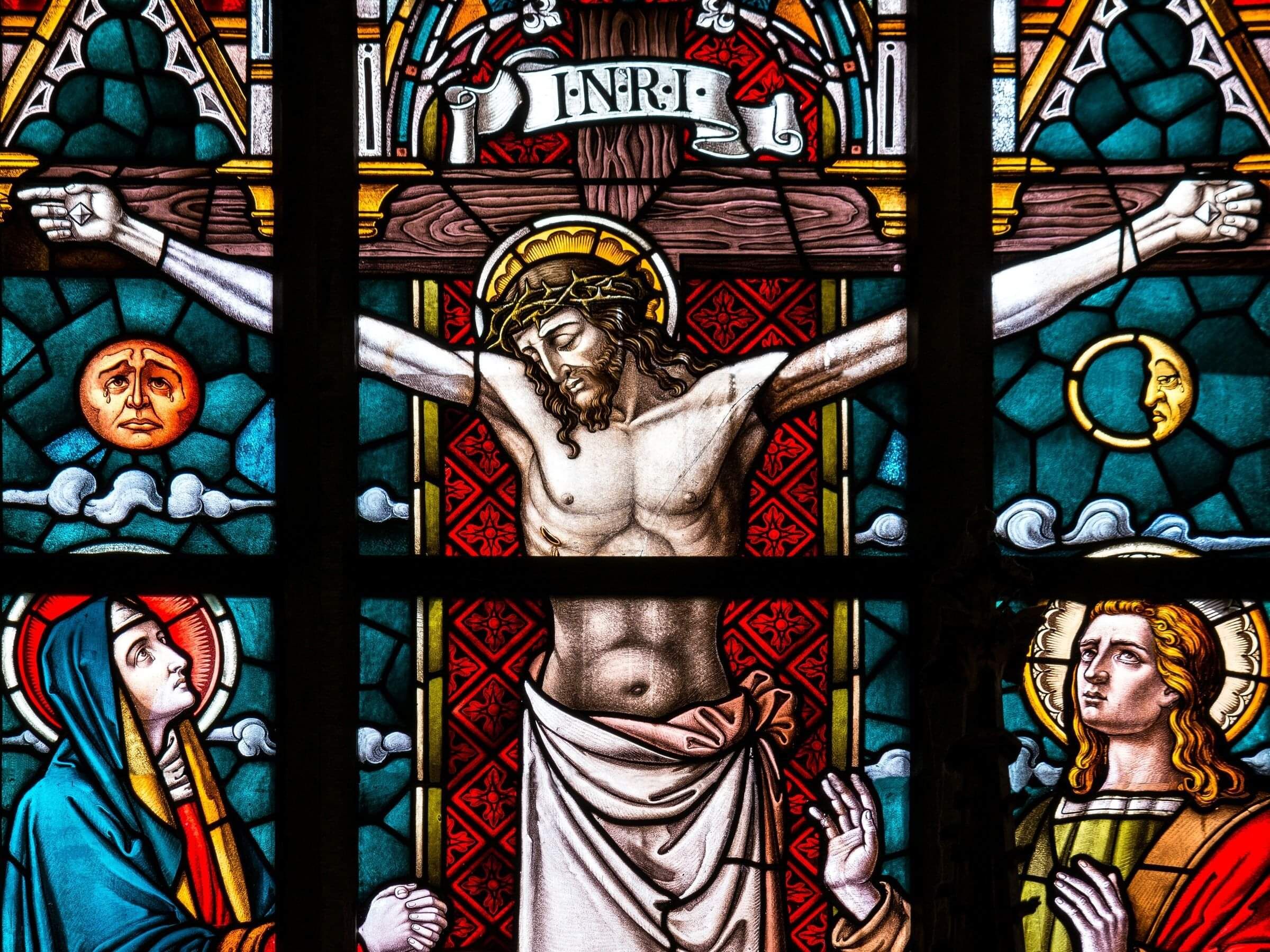
The first Christian Easter celebrations were held at the same time as the springtime Jewish tradition of Passover. It was during a Passover celebration in around AD 30 that Jesus was killed. The Christian celebration was known as the Pascha Feast and was a celebration of all that had been put right through the death and the coming back to life of Jesus. That idea that death had passed us over and new life was available. After Christianity came to England in the late 6th century they named the Pascha Feast after the name of the springtime month in which it occurred - Eosturmonath- thus Easter.
During Easter, eggs were often wrapped in gold leaf or, if you were a peasant, coloured brightly by boiling them with the leaves or petals of certain flowers.
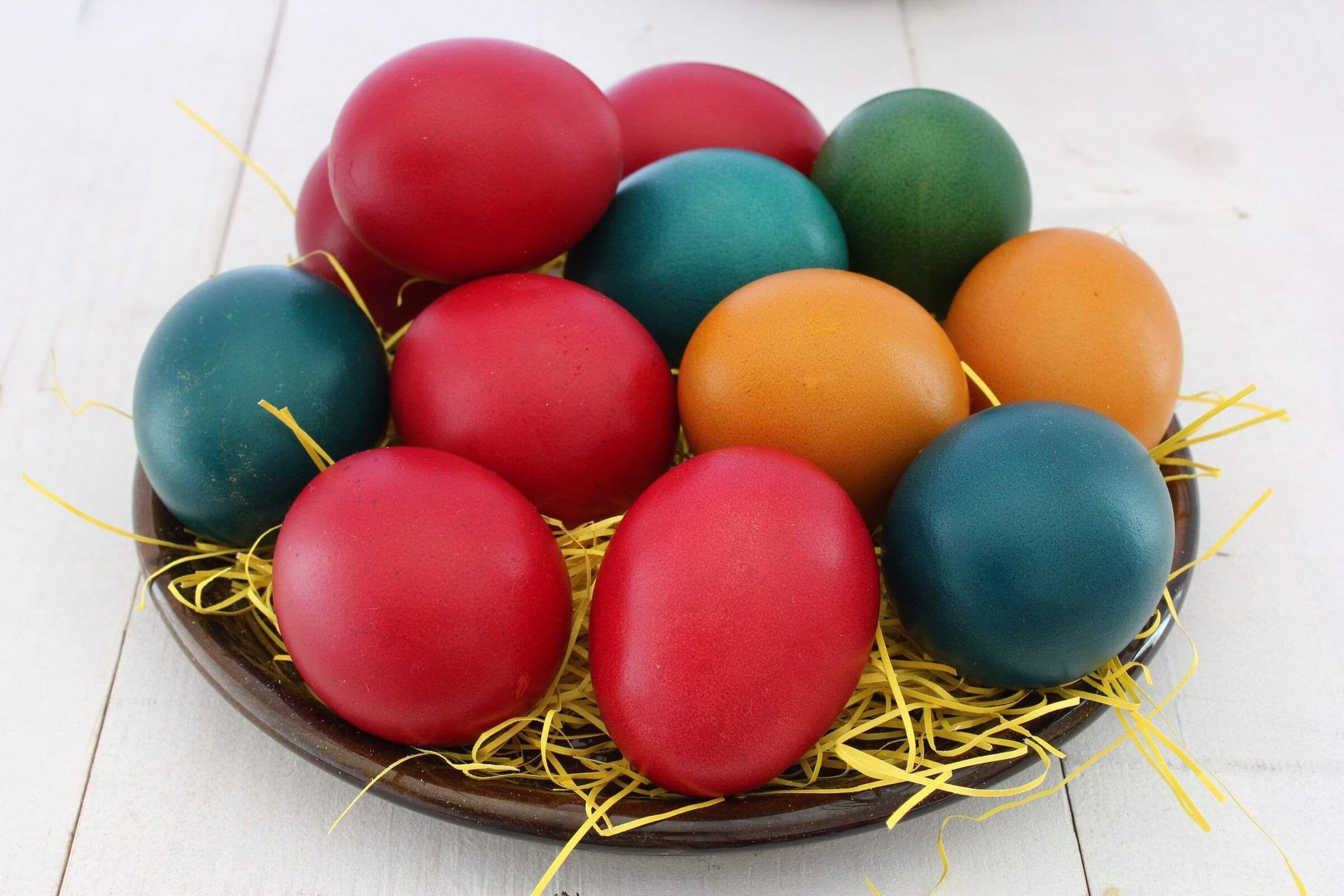
Decorating and colouring eggs for Easter was the custom in England during the middle ages. Edward I, in the year 1290, spent eighteen pence for 450 eggs to be gold-leafed and coloured for Easter gifts. Easter eggs continued to evolve through the 18th and into the 19th Century, with hollow cardboard Easter eggs filled with Easter gifts and sumptuously decorated, culminating with the fabulous Faberge Eggs. Encrusted with jewels, they were made for the Czar's of Russia by Carl Faberge, a French jeweller.
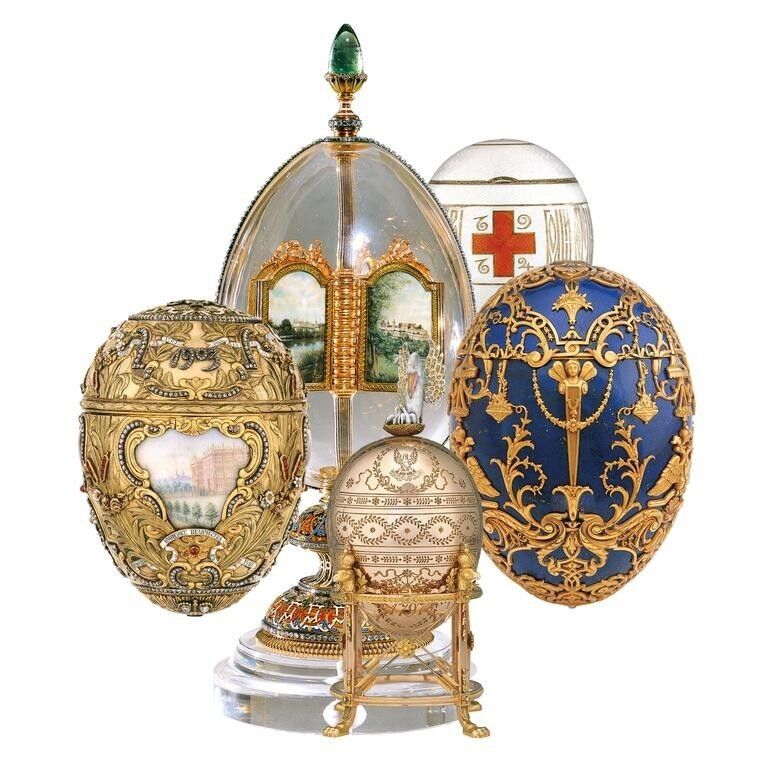
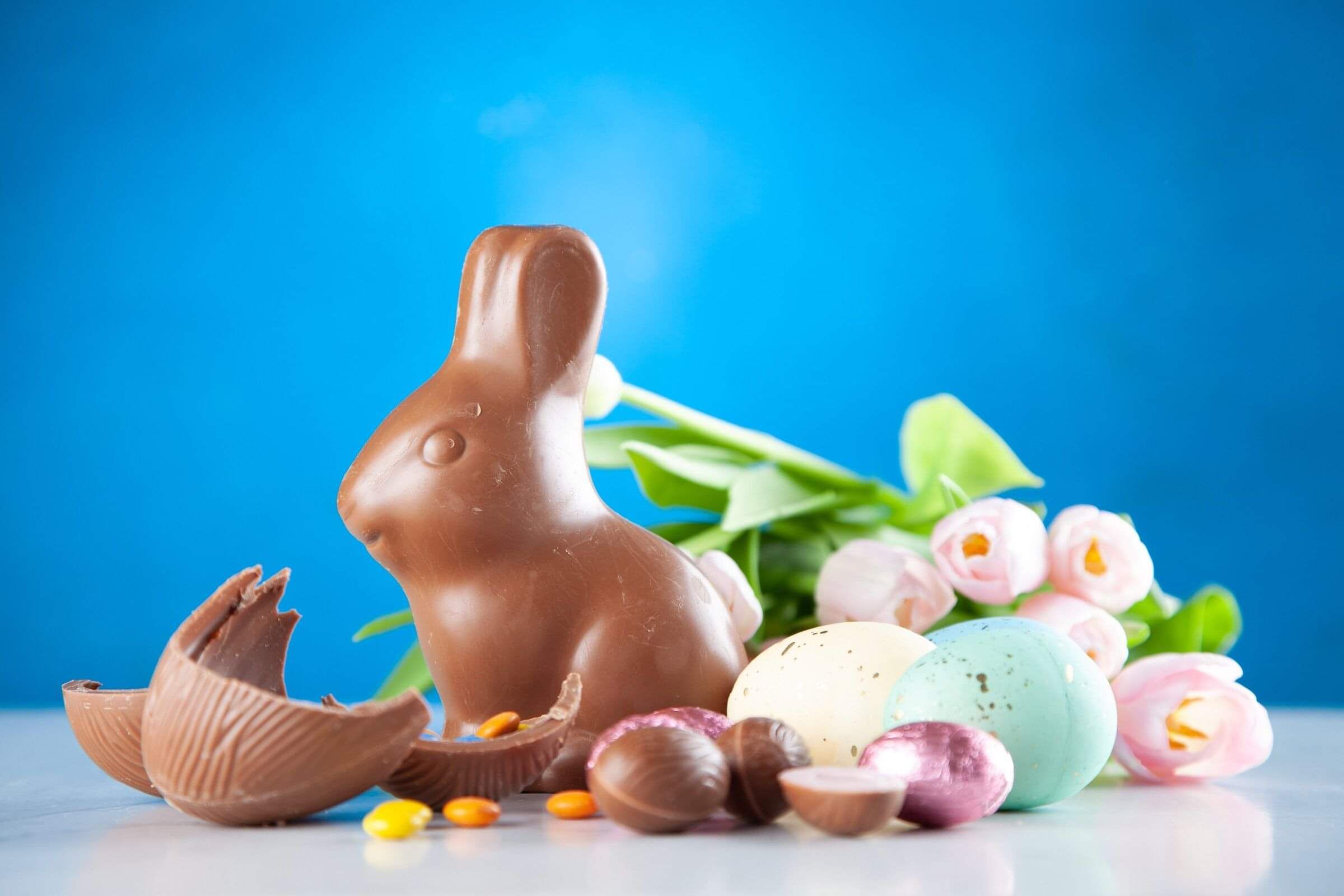
It was during the early 1800's that the first chocolate Easter egg appeared in Germany and France. The first chocolate eggs were solid soon followed by hollow eggs. By the turn of the 19th Century, the discovery of the modern chocolate making process and mass manufacturing methods meant that the Chocolate Easter Egg was fast becoming the Easter gift of choice in the UK and parts of Europe, and by the 1960's it was custom in many parts of the world.
Christians came to embrace the egg as a symbol of new life and likened it to the empty tomb after Jesus came back to life. Easter with or without Easter eggs is a celebration of the new beginnings available to us because of Jesus.
If you are looking for a new beginning, read the book of Mark in the Bible - it’s full of stories of Jesus bringing new life to people.
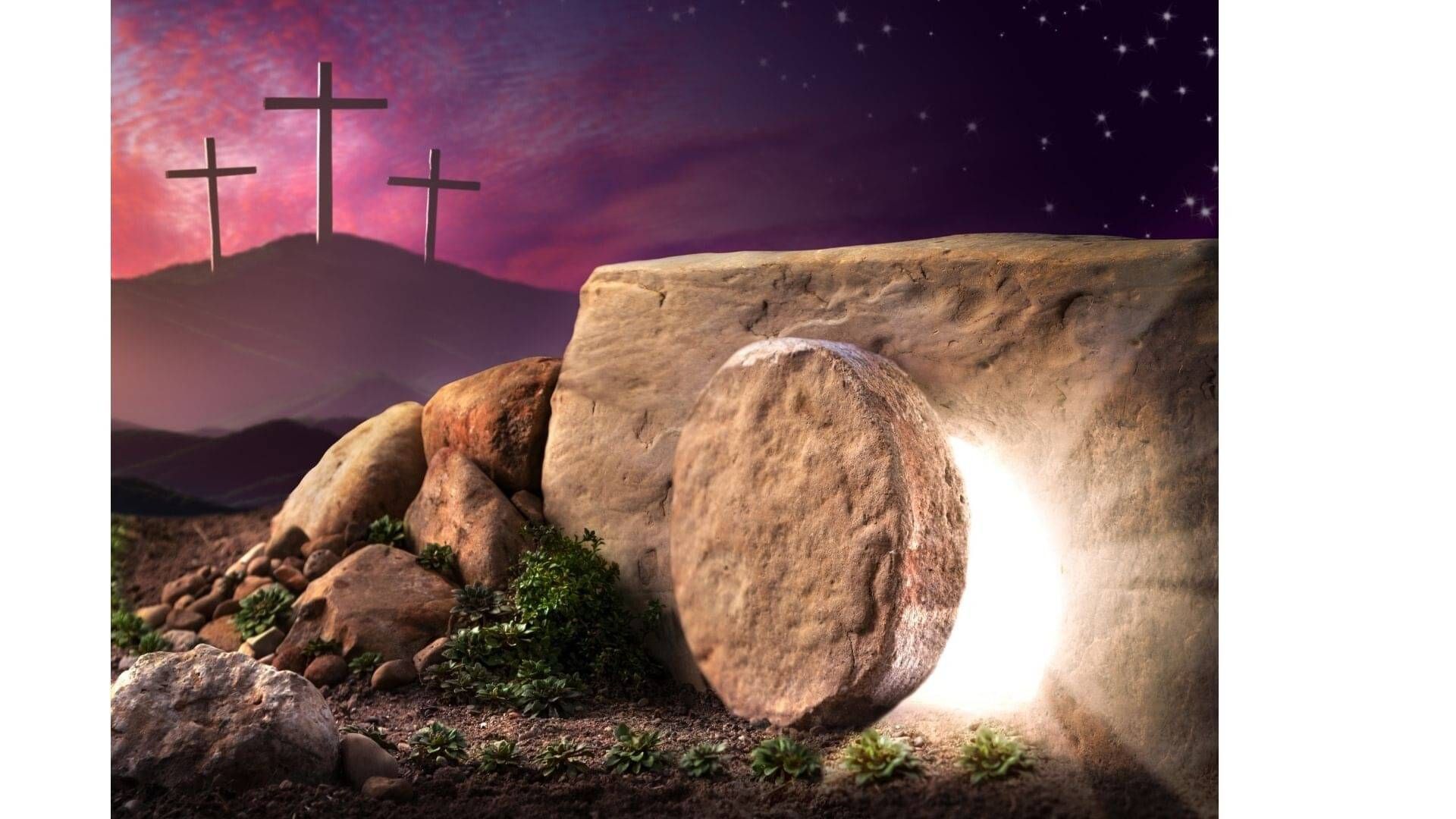
This Easter Bayside Community Church is celebrating the promise of new life and holding onto the hope we have found in Jesus.
Our celebrations will be at Concord West Public School
9am on Good Friday and 10am on Easter Sunday
– you would be very welcome.
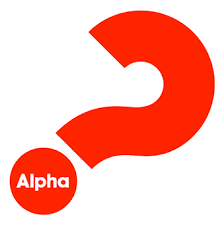
Want to know more about Jesus?
Alpha starts Wednesday 27 April
at The Arthur Street Centre from 7.30-9pm
For anyone, and everyone, who wants to explore life and faith, ask questions
and share their point of view.
Find out more from Nigel 0425 336 937


